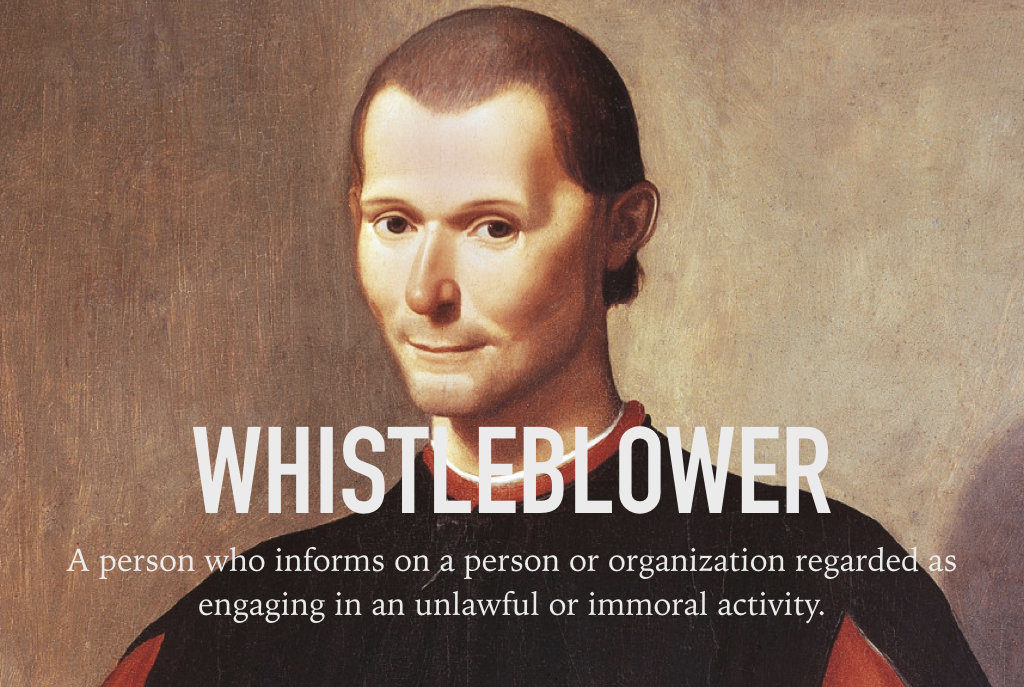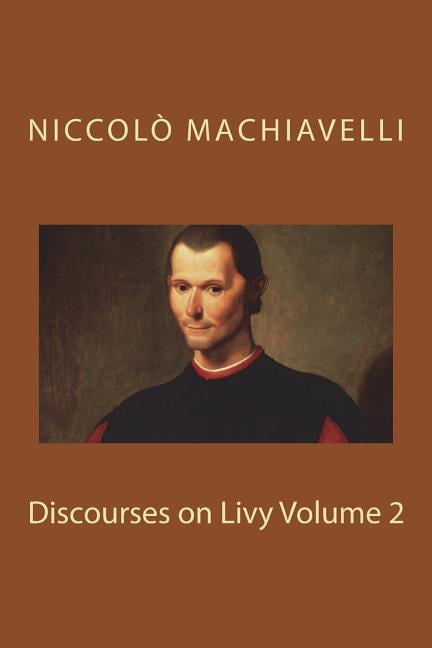
.jpg)
He emphasizes the virtues of republics in the Discourses.īook 1 is made up of 60 short chapters that deal with the founding of the Roman Republic and how it, or any republic, should be nurtured, managed, and protected. His reputation as a purveyor of “Machiavellian” techniques-ruthless manipulation and skullduggery-overlooks the more noble side of his thinking, which favors republican forms of government. Machiavelli is best known for his book The Prince, which offers cold-blooded advice on how to rule a city or country. His travels to nearby Italian and French states and provinces, during a time of tumult and war, provide him with years of experiences that bolster his conclusions on how governance, especially the affairs of a republic, ought to be conducted.

Machiavelli is an expert on Renaissance politics, having served as one of the leading diplomats of the Florentine Republic of 1492-1512.

Most of these are quite brief, barely more than a few pages, and amount to short essays, each on a narrowly focused topic. In honor of the 142 books reportedly contained in Livy’s lost original, Machiavelli arranges his own commentaries into 142 chapters. Machiavelli studies the surviving parts of Livy’s work and writes a three-book commentary on its first 10 volumes he titles it Discourses on the First Ten Decades of Titus Livy, known today as the Discourses on Livy or simply the Discourses. Roughly the first third of Ab Urbe Condita survives, its record of Roman history largely complete to 167 BCE.

During the Middle Ages, most of the dozens of books that make up Livy’s great project are lost, but scholars in the 1300s launch a search to recover them. Roman scholar Titus Livius-“Livy”-first recorded its history in his monumental work Ab Urbe Condita (“From the Founding of the City,” or more popularly, “The History of Rome”), completed in 9 BCE. The Roman Republic is an early democracy that lasts from 509 BCE to 49 BCE.


 0 kommentar(er)
0 kommentar(er)
